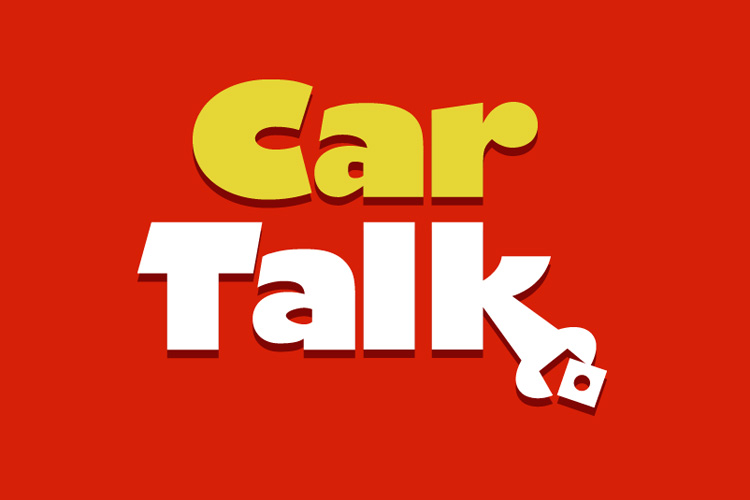This week, Chicago’s Hannah Nyhart reported on a sign of the times at WBEZ: Car Talk is going away, and the podcasts are coming. Joining the 91.5 FM lineup are the pop-culture talk show Bullseye, the pop-econ show Freakonomics, and The New Yorker Radio Hour.
It's been a long time coming. The Tribune's Steven Johnson included Car Talk in his roundup of aging public-radio stalwarts when the show's hosts announced they were going to stop making new episodes in 2012, and Ira Glass called for it to go the same year.
From what I've seen, WBEZ's decision is being greeted with gratitude. The hour of dad jokes and car puns in thick Boston accents has, for all its success, had plenty of critics. As Jeff Briskin wrote:
Comedian Harry Shearer was once of its most vociferous critics, dissing its corny humor and Click and Clack’s self-inflicted laughter. But his was an elitist view and probably born of jealousy that none of his own radio shows attracted even a fraction of the audience that tuned into Car Talk each week. Peter Sagal, host of Wait, Wait … Don't Tell Me, the weekly NPR quiz show (and another man who, like the Magliozzis, has a face made for radio) often lobbed snooty barbs at Tom and Ray, even though the brothers made several guest appearances on the show over the years. But Wait, Wait, which was created by Car Talk producer Doug "Bongo Boy" Berman, wouldn't have been possible without the less-stuffy, more inclusive NPR Tom and Ray helped to create.
In its heyday I was the unlikeliest of listeners—a middle- and high-school student with no aptitude or taste for cars—but the show always impressed me with its difficulty and its intelligence. Not just, as Glass wrote, that they were so "phenomenally surefooted at what they do that they make it seem effortless." And not just that, as Nathan Heller observed, that "the show holds a place in a broader nostalgic tradition, one that praises the local work of hands over the shady reach of corporate industry, the mechanical over the abstract." It wasn't the charm of the regional accents or the informality of the show in the context of NPR.
Instead, it was a show about problem-solving. It was like a magic trick: over the phone, the Magliozzi brothers would talk the caller back from the symptoms to the cause. It wasn't the weird or zany car problems that I enjoyed the most; it was the workaday ones, where they revealed the system of cause and effect as it traveled through the car, like an audio version of The Way Things Work. It never succumbed, to compare it to another wildly popular car-based public-broadcast titan, the kind of car porn you see on Top Gear; it remained grounded in the reality of our own crap cars and their crap problems.
It wasn't, for me, about cars at all; had I any familiarity with them, it might have lost its luster. It's that it was about systems—while there might be an element of nostalgia about handiwork, it was also about logic, and how things can be understood. And that was the most satisfying bit of all, the process of reverse-engineering, and the pleasure of someone fixing something.




